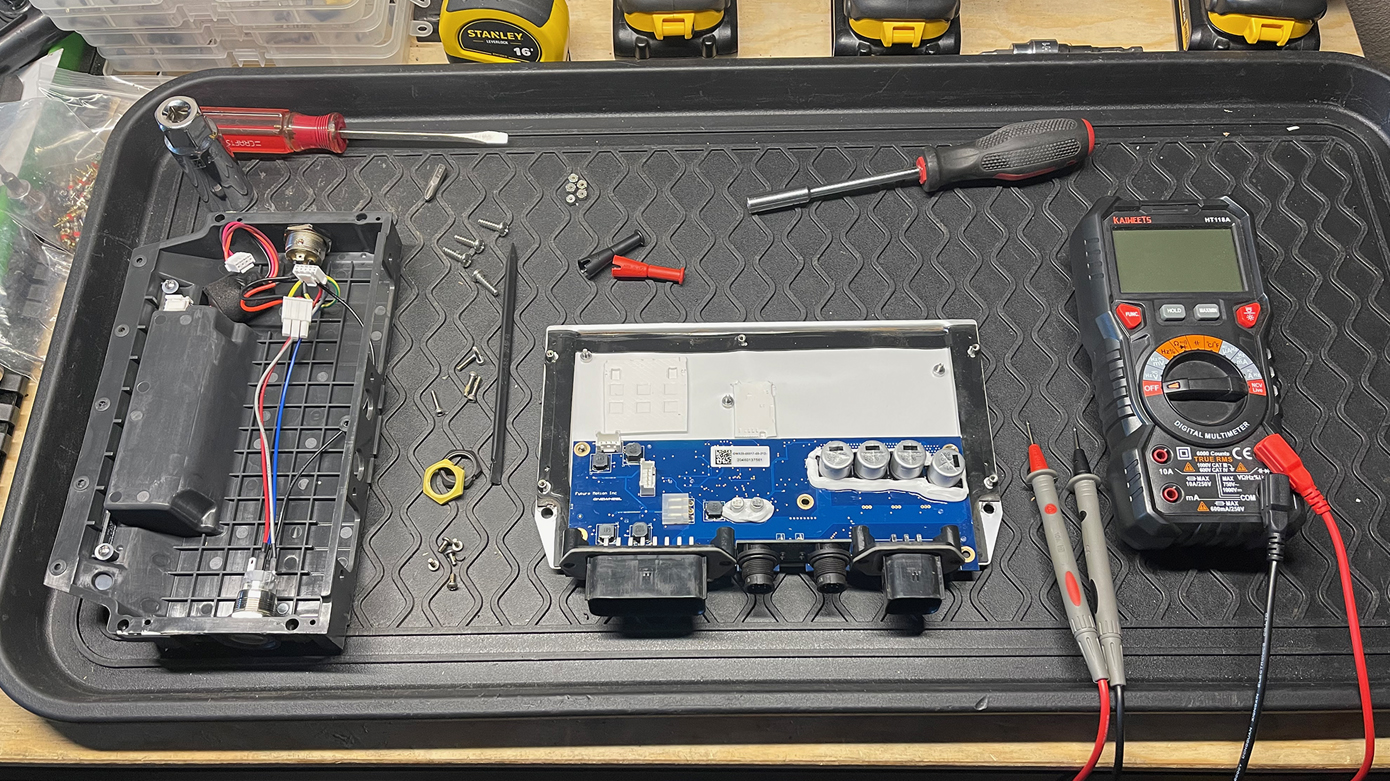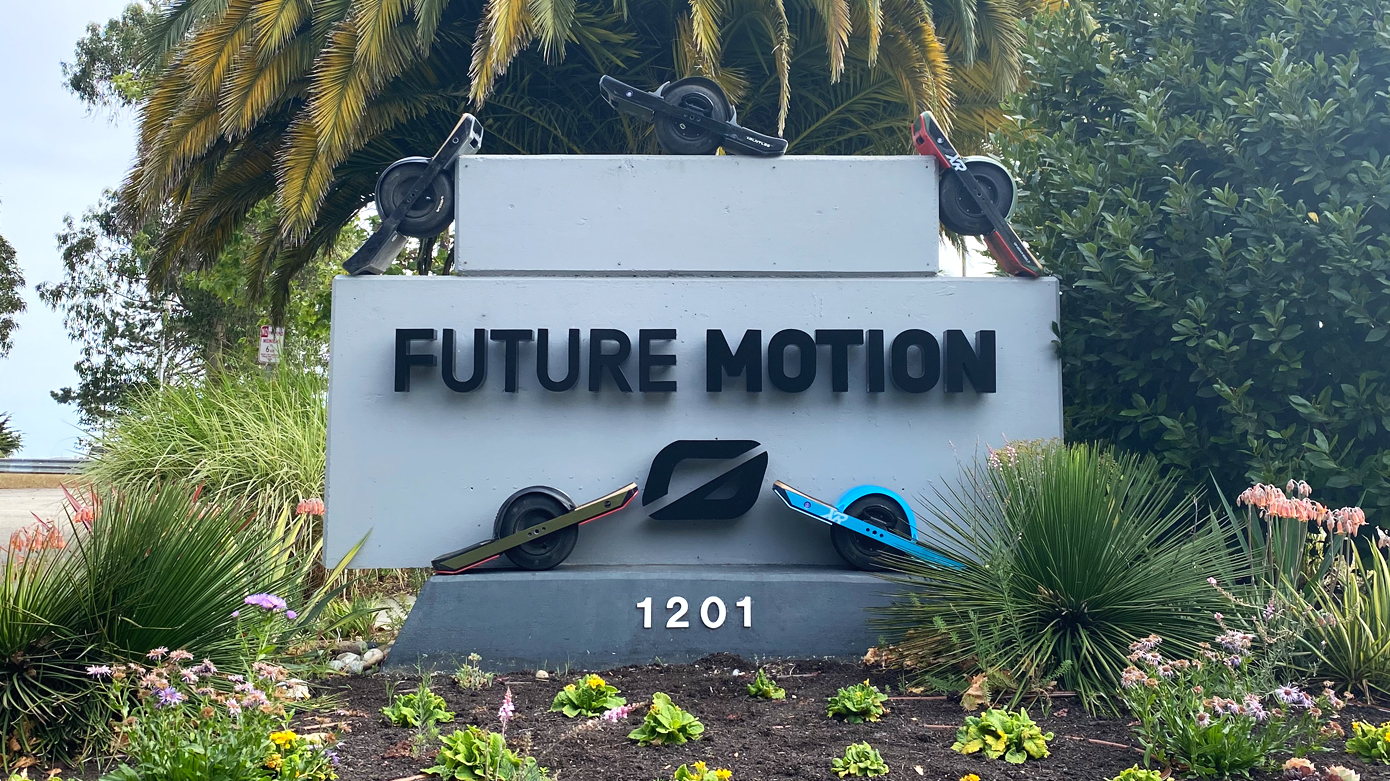California Joins the Right to Repair Movement: Implications for Tech and Future Motion Inc.
Justin Velasquez / 3

Image Credit: Justin Velasquez
In a landmark move, California has become the third state to pass an electronics right-to-repair act, signaling a significant shift in the tech industry’s landscape. Senate Bill 244, which recently passed the California state Assembly with unanimous support, carries far-reaching implications for consumers, businesses, and tech giants alike. This article explores the impact of SB 244, particularly on California-based companies like Future Motion Inc., and how it aligns with broader trends in the right-to-repair movement.
The California Right to Repair Act
California: A Trendsetter in Legislation
Apple’s Surprising Support
Perhaps the most surprising development in this legislative journey was Apple’s change of heart. After years of opposing right-to-repair efforts, Apple threw its support behind California’s act, signifying a major reversal in its stance. This shift followed increased regulatory pressure and a growing consensus on the importance of repair accessibility. Apple’s support for SB 244 may herald a new era of cooperation between tech giants and the right-to-repair movement.
Future Motion Inc. and the Right to Repair
Future Motion Inc., renowned for its innovative Onewheel products, is a California-based company that manufactures personal electric vehicles designed to reduce emissions and promote sustainable transportation. While it is important to note that Future Motion currently does not offer a comprehensive range of replacement parts, including those required for extensive repairs, their commitment to producing eco-friendly transportation options aligns with the bill’s objectives. Onewheel products contribute to a more sustainable future by promoting clean commuting alternatives.

Image Credit: Justin Velasquez
California’s adoption of SB 244 underscores the growing importance of the right-to-repair movement. As the bill heads to Governor Gavin Newsom’s desk for approval, its impact on the tech industry and companies like Future Motion Inc. becomes increasingly apparent. The move toward greater repair accessibility, backed by tech giants like Apple, signals a shift in consumer rights and environmental responsibility. While challenges remain, the right to repair is steadily becoming a reality, promising a more sustainable and consumer-friendly tech landscape. If Newsom signs the bill, the Right to Repair Act will go into effect on July 1, 2024.
© 2024 FixMyPEV ™ All Rights Reserved.
